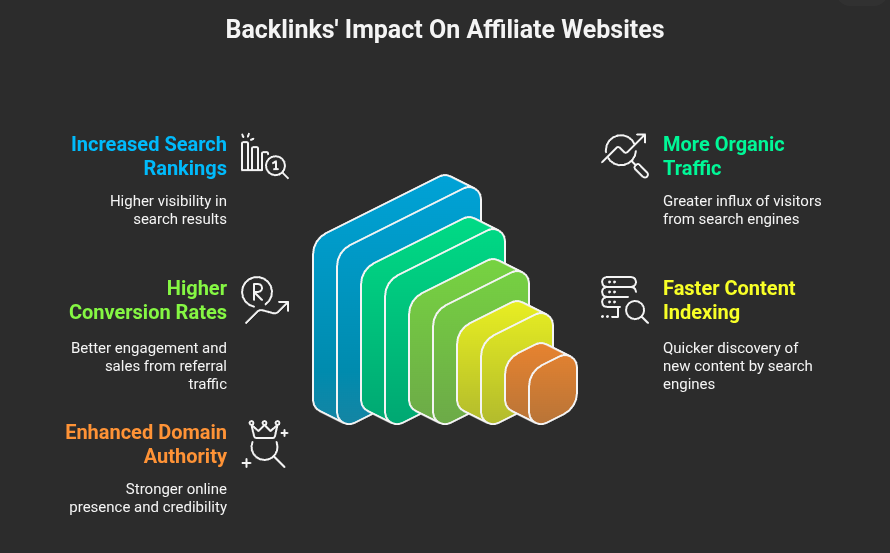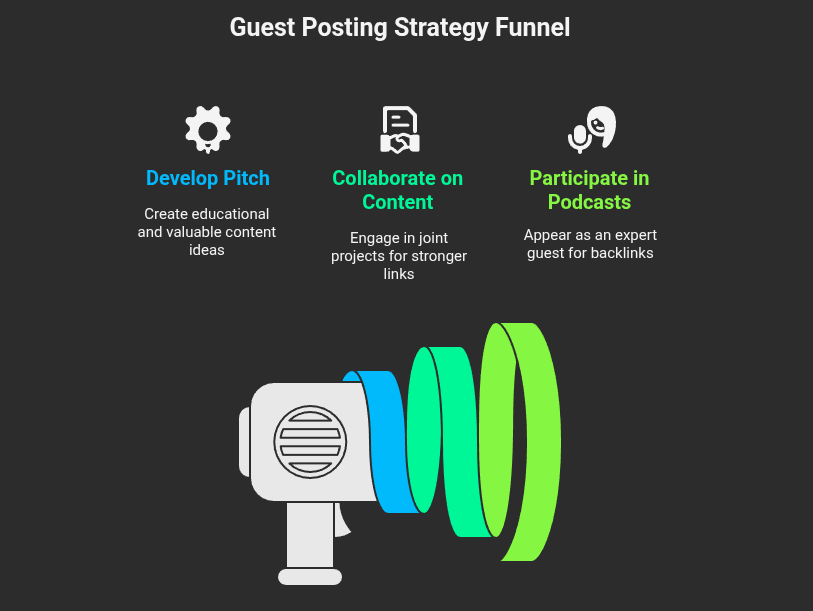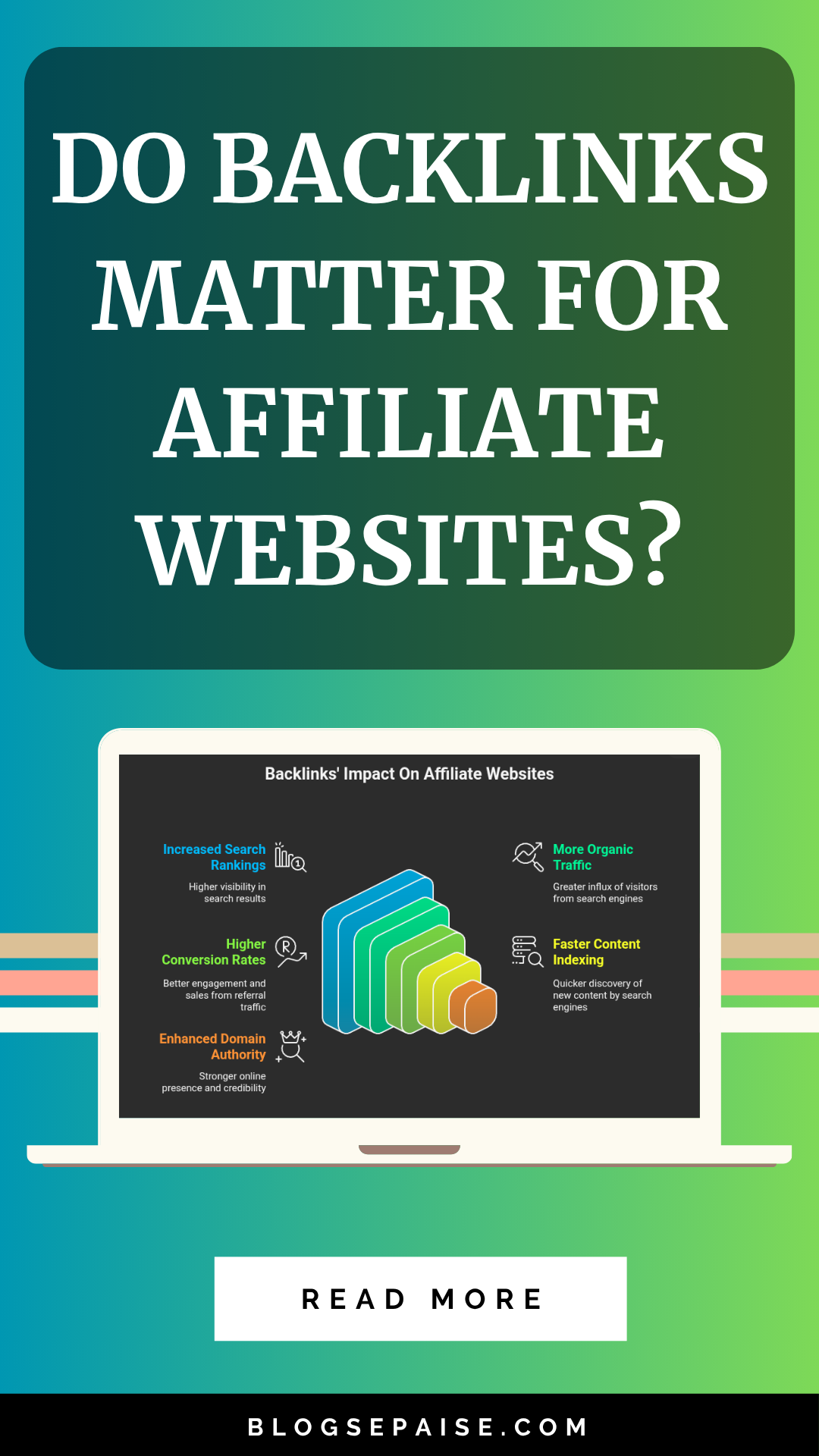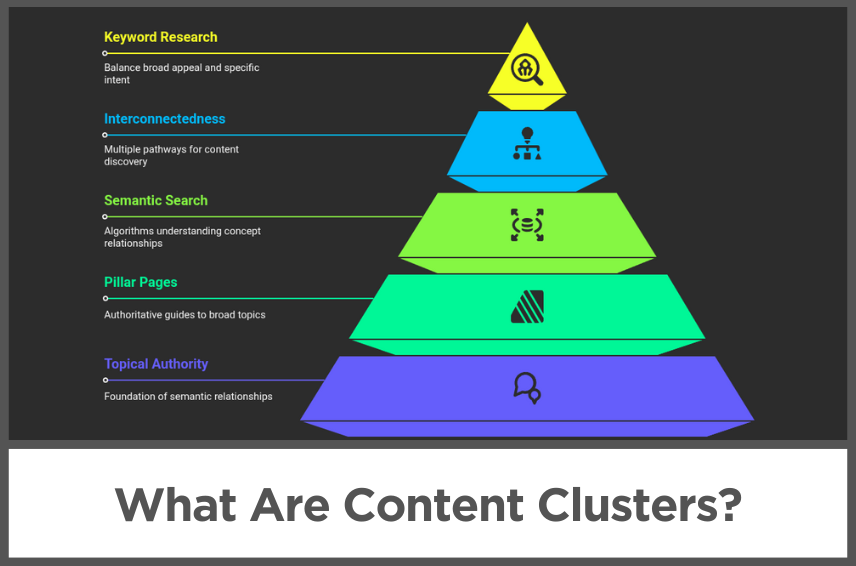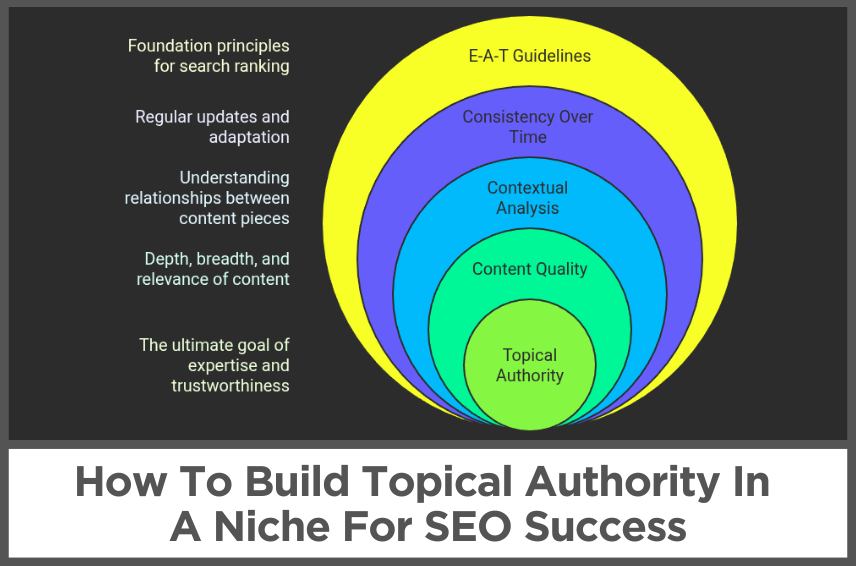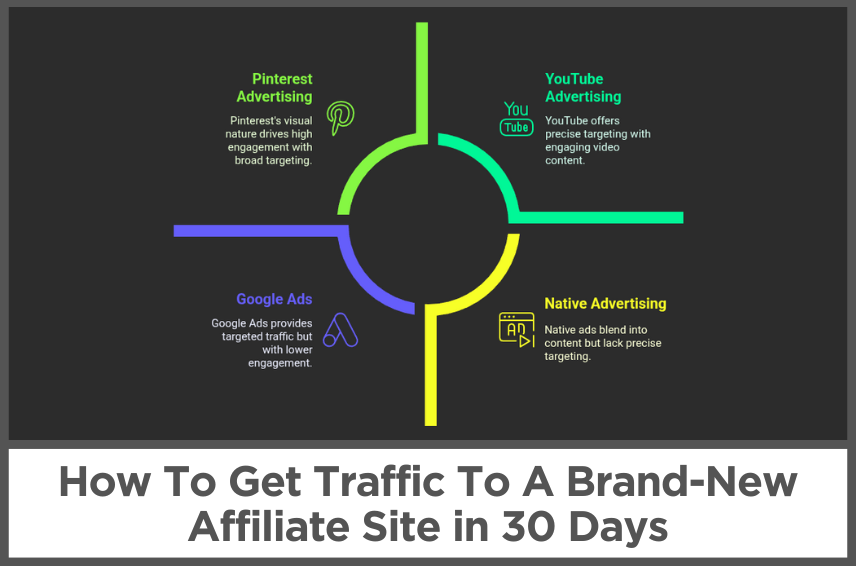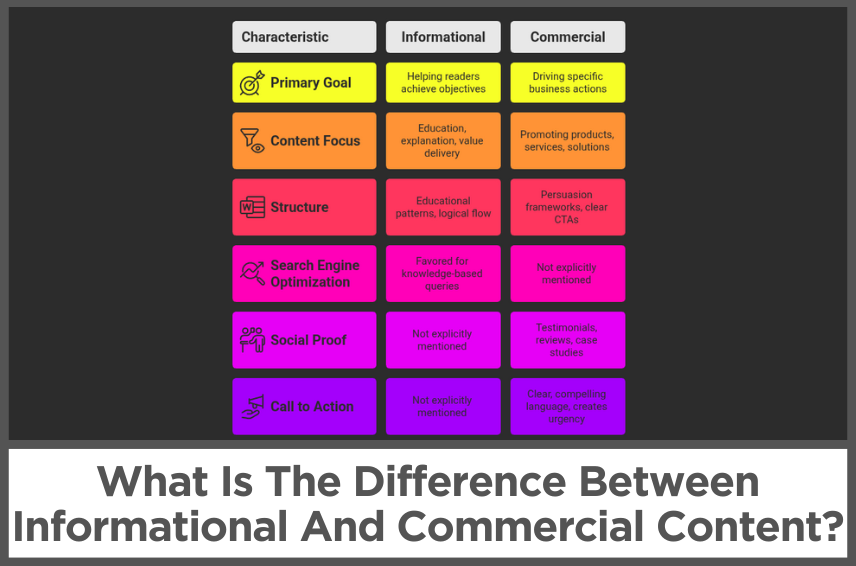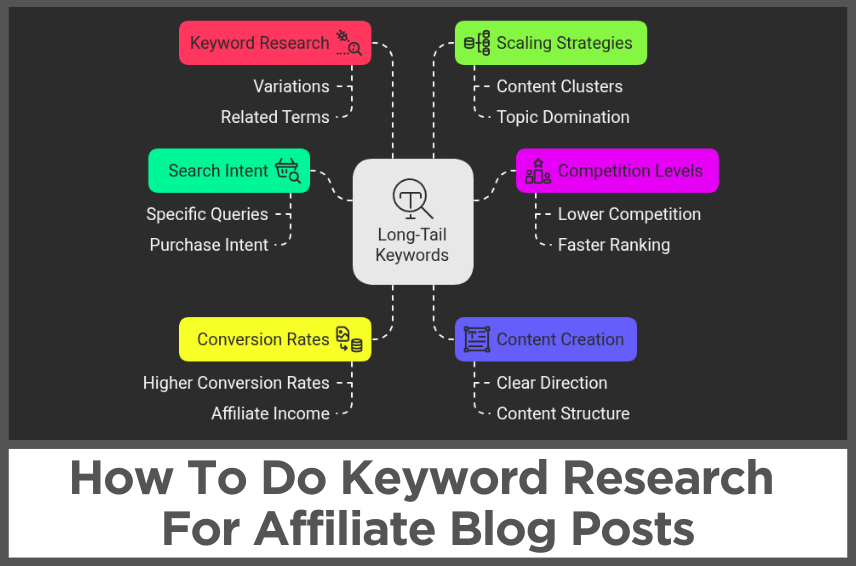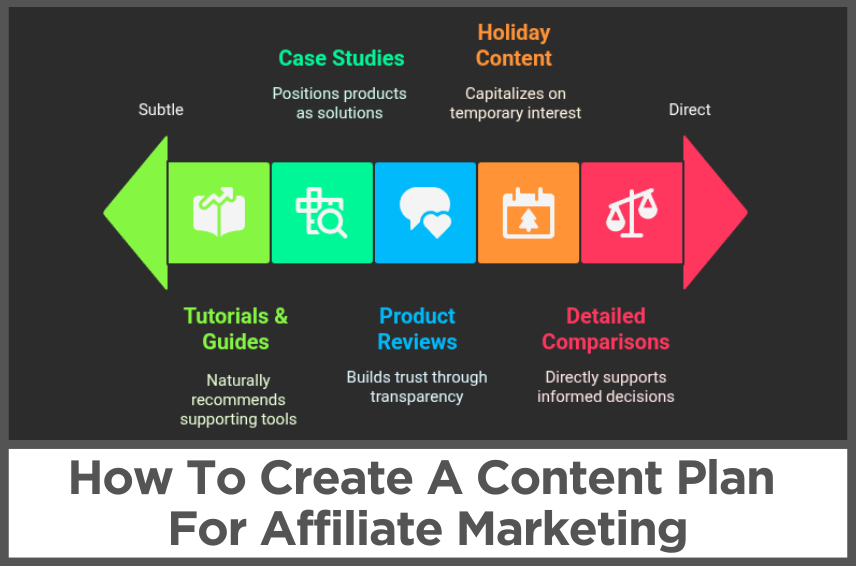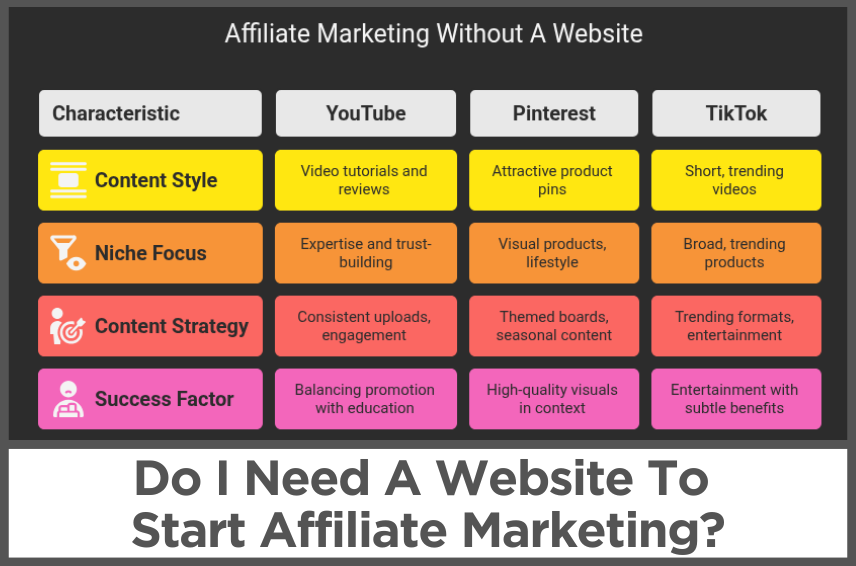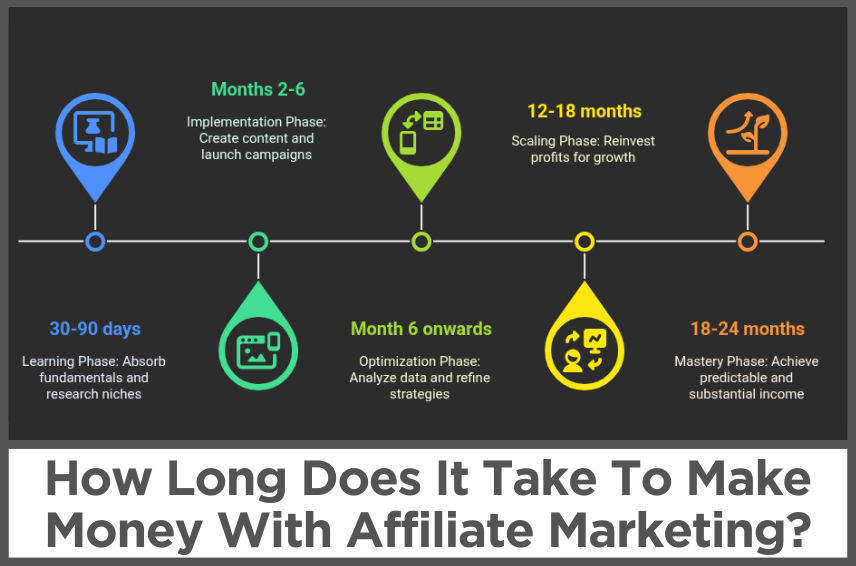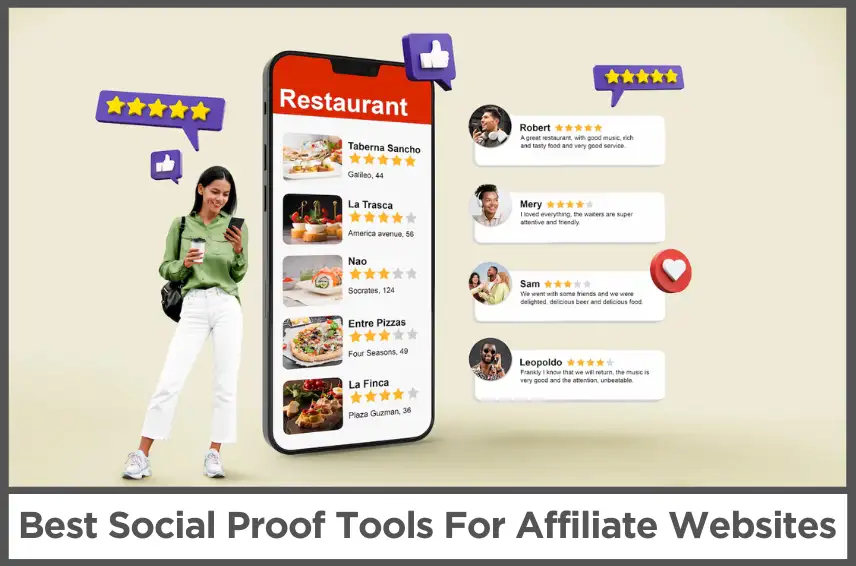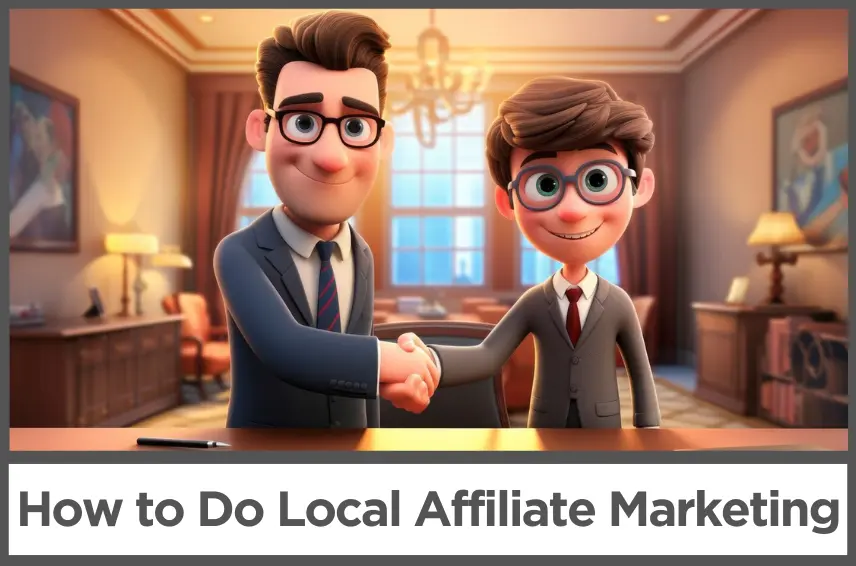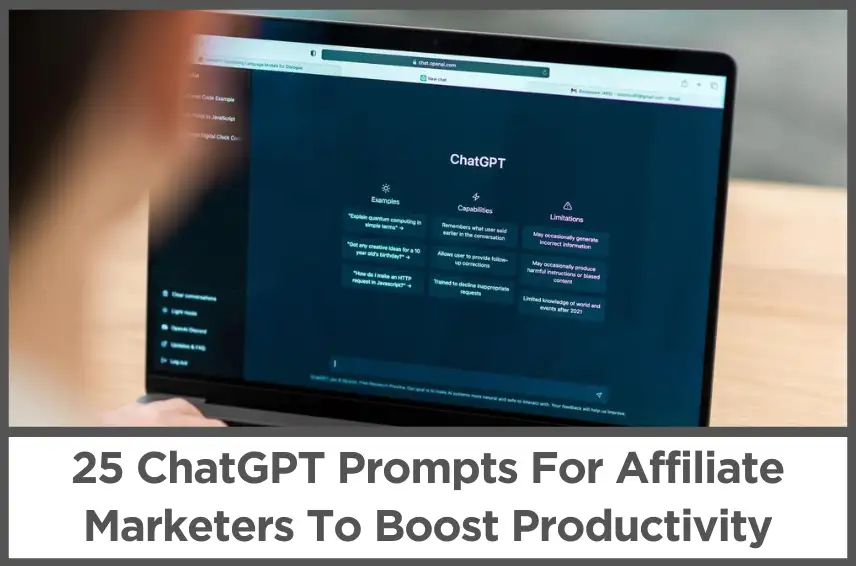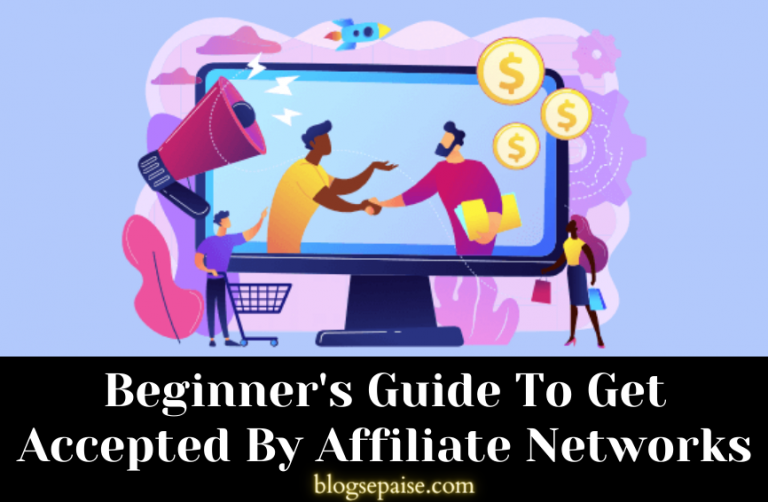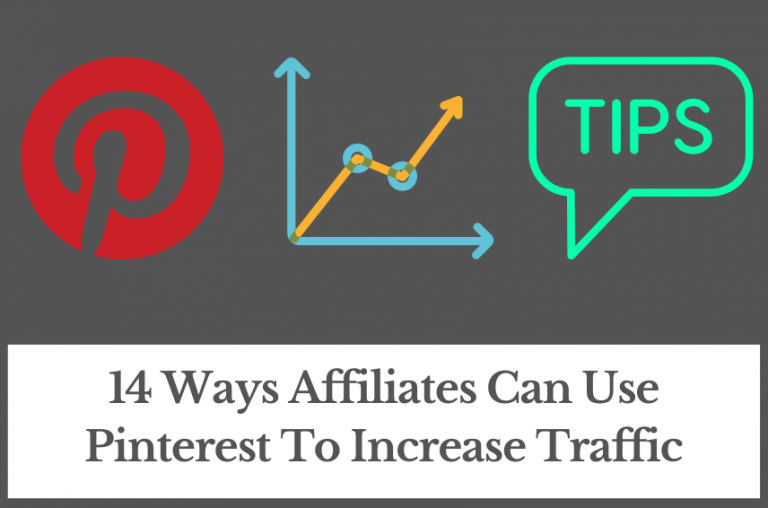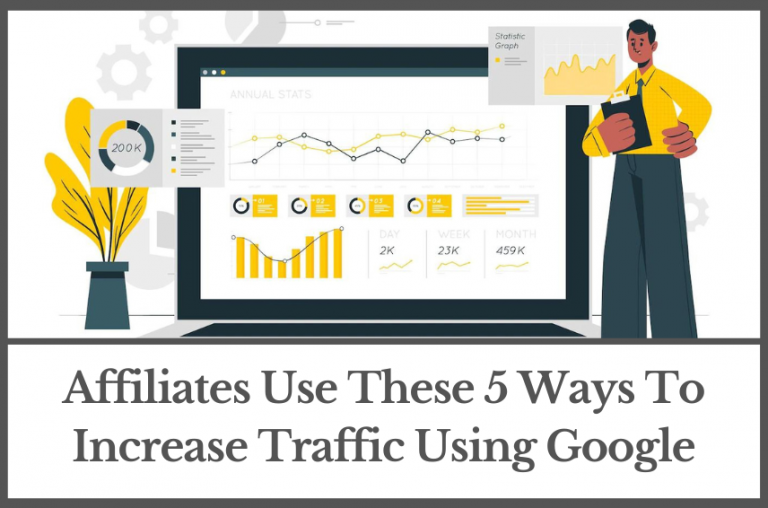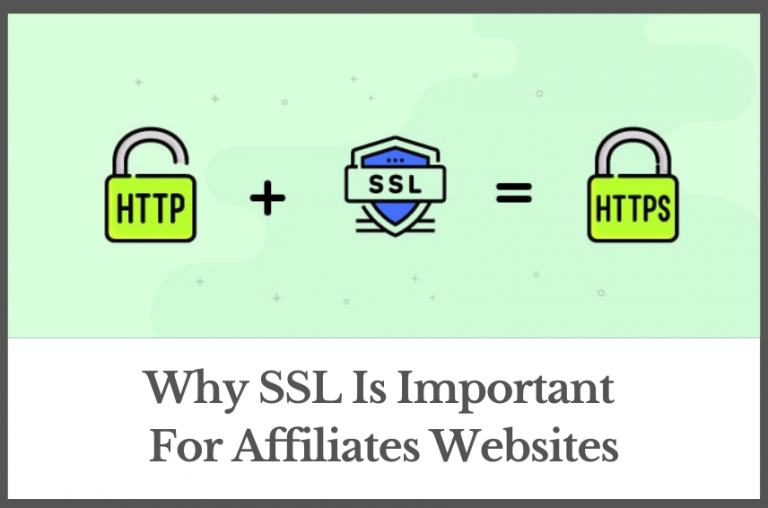Do Backlinks Matter For Affiliate Websites?
by Abhigyan
Backlinks remain one of the most powerful ranking factors for affiliate websites, directly impacting your ability to attract organic traffic and generate commissions.
These incoming links from other websites act as votes of confidence, telling search engines that your content provides value worth referencing.
Many affiliate marketers struggle with link building because they believe their promotional content makes it difficult to earn natural links.
This misconception costs them significant organic traffic and revenue potential.
The truth is that affiliate websites can absolutely build strong backlink profiles through strategic content creation and relationship building.
Successful affiliate sites consistently outrank competitors by developing comprehensive link building strategies that focus on providing genuine value to other website owners and their audiences.
They create resources that naturally attract links while building relationships within their industries that lead to ongoing link opportunities.
The key lies in understanding that backlinks work differently for affiliate sites compared to traditional businesses.
You need approaches that account for the promotional nature of your content while still demonstrating expertise and trustworthiness to both search engines and potential linking partners.
Disclosure: Some of the links I share might be affiliate links. If you click on one and make a purchase, I may earn a small commission as a thank you. But don’t worry, it won’t cost you anything extra. I only recommend stuff I genuinely believe in. Your support helps me keep creating awesome content. You can read my full affiliate disclosure in my disclaimer page.
IN THIS POST :
ToggleWhy Backlinks Matter For Affiliate Websites
Search engines use backlinks as primary indicators of content quality and authority.
When reputable websites link to your affiliate content, they signal that your information deserves higher search rankings.
This increased visibility directly translates to more organic traffic and affiliate commissions.
Affiliate websites face intense competition for commercial keywords where purchase intent runs high.
These valuable search terms often require strong backlink profiles to achieve first-page rankings.
Without adequate link authority, even well-optimized content struggles to compete against established sites with robust link profiles.
Quality backlinks provide more than just ranking benefits. They drive direct referral traffic from visitors who click through from linking sites.
This traffic often converts better than search traffic because it comes from trusted sources that have already filtered for interested audiences.
Backlinks also accelerate the indexing and crawling of new content.
Search engines discover your latest articles faster when other sites link to them, helping you capture seasonal trends and time-sensitive opportunities more effectively.
This speed advantage becomes particularly valuable for affiliate marketers competing for trending topics and new product launches.
Domain authority accumulates over time through consistent link building efforts.
Each quality backlink contributes to your site’s overall authority, making it easier to rank new content across all topics within your niche.
This compound effect makes link building one of the most valuable long-term investments for affiliate websites.
Challenges Of Building Links To Affiliate Content
Most webmasters remain hesitant to link to obviously promotional content, viewing affiliate links as potential red flags that could damage their own site’s credibility.
This natural resistance means affiliate marketers must work harder to demonstrate value beyond simple product promotions.
Search engines have become increasingly sophisticated at identifying and potentially devaluing manipulative link building practices.
Low-quality directory submissions, article spinning, and link exchanges that dominated earlier SEO strategies now carry significant risks of penalties that can devastate affiliate site traffic.
Many affiliate marketers lack the content marketing budgets that traditional businesses use for large-scale link building campaigns.
Creating high-quality linkable assets requires time and resources that solo affiliate marketers often struggle to allocate while managing product research, content creation, and performance optimization.
Building relationships within affiliate marketing communities can be challenging because direct competitors rarely want to help each other succeed.
This dynamic requires affiliate marketers to look beyond their immediate niche for linking opportunities while still maintaining topical relevance.
Affiliate websites must balance link building efforts with compliance requirements from affiliate programs and search engines.
Some tactics that work well for other business models could violate program terms or search engine guidelines, limiting available strategies.
Creating Linkable Assets That Attract Natural Backlinks
Original research and data studies provide exceptional link bait for affiliate websites.
Conducting surveys within your niche, analyzing product trends, or compiling industry statistics creates valuable resources that other websites naturally want to reference.
These studies position you as an authority while providing concrete reasons for others to link to your content.
Comprehensive buying guides that go beyond simple product comparisons attract links from various sources.
When you create the definitive resource for purchasing decisions within your niche, other websites, forums, and social media users naturally reference your guide when helping their audiences make similar decisions.
Interactive tools and calculators provide ongoing value that generates continuous linking opportunities.
A mortgage calculator for real estate affiliates, a calorie counter for health sites, or a ROI calculator for business tools can attract links for years after creation while supporting your affiliate promotions indirectly.
Ultimate resource lists and curated directories serve as valuable references that other content creators appreciate.
When you compile the best tools, resources, or information sources within your niche, you create a bookmark-worthy asset that naturally attracts links from people who find it useful.
Visual content like infographics, charts, and custom images provides easy linking opportunities for other content creators.
Many websites need visual elements to support their articles and will gladly link to high-quality graphics that enhance their content while crediting your site as the source.
Outreach Strategies For Affiliate Sites
Broken link building offers excellent opportunities for affiliate websites because you provide genuine value by helping other site owners fix their user experience problems.
Find broken links on relevant websites, then suggest your content as a replacement while emphasizing the value you provide beyond simple affiliate promotions.
Resource page inclusion requires identifying websites that maintain lists of helpful tools and resources within your niche.
These pages exist specifically to help visitors find valuable content, making them natural targets for inclusion requests when you can demonstrate clear value to their audience.
Expert roundups and quote requests provide relationship building opportunities while earning editorial links.
Contributing valuable insights to other people’s content projects positions you as an industry expert while building connections that can lead to additional linking opportunities over time.
Journalist and blogger outreach works well when you have newsworthy information, unique insights, or expert commentary to offer.
Building relationships with writers who cover your niche creates opportunities for ongoing mentions and links as they develop new stories and articles.
Competitor analysis reveals linking opportunities by examining where similar websites have earned backlinks.
Tools like Ahrefs or SEMrush show which sites link to your competitors, providing a starting point for your own outreach efforts to similar prospects.
Guest Posting And Content Collaboration Opportunities
High-quality guest posting remains one of the most effective link building strategies for affiliate websites when executed properly.
The key lies in providing exceptional value to host sites while subtly demonstrating your expertise rather than overtly promoting affiliate products.
Identifying suitable guest posting opportunities requires research beyond simple Google searches.
Look for websites that regularly publish guest content, maintain active audiences within your niche, and demonstrate editorial standards that align with quality link building practices.
Pitch development should focus on topics that benefit the host site’s audience while showcasing your expertise.
Avoid proposing obviously promotional content and instead suggest educational topics that indirectly support your affiliate niche while providing genuine value to readers.
Content collaboration extends beyond traditional guest posting to include co-created resources, joint studies, and shared expertise projects.
These collaborations often produce stronger relationships and more valuable links because both parties invest significantly in the outcome.
Podcast appearances and interview opportunities provide alternative content formats that often include show notes with backlinks.
Many podcast hosts actively seek expert guests, and these appearances can generate multiple links across various platforms while building your authority within the niche.
Building Relationships Within Your Affiliate Niche
Networking at industry conferences and events creates face-to-face connections that translate into online linking opportunities.
Meeting other website owners, bloggers, and industry experts in person builds trust that makes future collaboration requests more likely to succeed.
Social media engagement provides low-pressure ways to build relationships with potential linking partners.
Consistently sharing valuable insights, commenting thoughtfully on others’ content, and participating in niche discussions demonstrates your expertise while building recognition within your community.
Email list building within your industry allows you to maintain ongoing contact with potential linking partners.
Creating valuable newsletters or resource emails for other website owners in your space keeps you visible when they need expert sources or collaboration partners.
Mastermind groups and affiliate marketing communities offer structured environments for building mutually beneficial relationships.
Participating actively in these groups creates opportunities for link exchanges, content collaborations, and knowledge sharing that benefits everyone involved.
Mentorship and teaching opportunities position you as an authority while building strong relationships with emerging affiliates who may become valuable linking partners as their sites grow.
Sharing knowledge freely often generates goodwill that translates into future linking opportunities.
Technical Link Building: Tools And Tracking Methods
Link prospecting tools streamline the process of finding relevant websites for outreach campaigns.
Platforms like Ahrefs, Clicks, and Ubersuggest provide databases of websites with contact information, making it easier to identify and reach potential linking partners within your niche.
Outreach management systems help organize and track your link building campaigns across multiple prospects.
Tools like Pitchbox, BuzzStream, or even simple spreadsheets ensure you follow up appropriately while avoiding duplicate outreach that damages relationships.
Link monitoring alerts notify you when new backlinks appear, allowing you to track campaign success and identify opportunities for relationship building with new linking partners.
Setting up Google Alerts and using tools like Clicks notifications keeps you informed about your link profile changes.
Competitor link analysis reveals successful strategies within your niche while identifying websites that are likely to link to similar content.
Regular analysis of competitor backlink profiles provides ongoing inspiration for your own link building campaigns.
Link quality assessment helps you focus efforts on opportunities that provide maximum value while avoiding potentially harmful links.
Understanding metrics like domain authority, topical relevance, and link context ensures your efforts contribute positively to your search rankings.
Common Link Building Mistakes That Hurt Rankings
Quantity over quality approaches often result in penalties rather than improved rankings.
Focusing on earning many low-quality links instead of fewer high-quality links wastes time and resources while potentially damaging your site’s authority in search engines.
Irrelevant link building dilutes the topical authority that search engines use to determine ranking relevance.
Earning links from websites completely unrelated to your niche provides minimal value and may even confuse search engines about your site’s focus and expertise.
Over-optimization of anchor text creates unnatural link profiles that search engines can easily identify and penalize.
Using exact-match keywords in most of your backlink anchor text looks manipulative compared to the natural variation that occurs with organic linking.
Ignoring relationship maintenance after earning initial links misses opportunities for ongoing collaboration and additional linking opportunities.
The websites that link to you once are often your best prospects for future links if you maintain positive relationships.
Buying links or participating in link schemes violates search engine guidelines and can result in severe penalties that devastate organic traffic.
The short-term gains from purchased links rarely justify the long-term risks to your affiliate website’s search visibility.
Final Thoughts On Backlinks' Importance
Backlinks absolutely matter for affiliate website success, serving as crucial ranking factors that determine your ability to compete for valuable commercial keywords.
The challenge lies in earning quality links despite the promotional nature of affiliate content, which requires strategic approaches that emphasize value creation over direct promotion.
Building backlinks for affiliate sites demands patience and creativity.
You must consistently produce content and resources that other website owners genuinely want to reference while building relationships that lead to ongoing linking opportunities.
This process takes time but creates compound benefits that improve all aspects of your search visibility.
The most successful affiliate marketers treat link building as a core business activity rather than an afterthought.
They allocate significant time and resources to creating linkable assets, conducting outreach, and building industry relationships that support their long-term growth objectives.
Remember that link building success depends more on providing exceptional value than on technical tactics or manipulation.
When you focus on creating resources that genuinely help your audience and industry peers, earning backlinks becomes a natural byproduct of your expertise and authority.
Modern search engines continue refining their ability to identify and reward authentic, valuable content while penalizing manipulative practices.
This evolution favors affiliate marketers who invest in legitimate relationship building and content creation over those seeking quick fixes or shortcuts.
Start with small, manageable link building goals and gradually expand your efforts as you develop systems and relationships.
Consistent effort over time produces better results than sporadic intensive campaigns, making link building a marathon rather than a sprint for long-term affiliate website success.
If you find this article helpful, kindly share it with your friends. You may also Pin the above image on your Pinterest account. Thanks!
Abhigyan Mahanta
Hi! I’m Abhigyan, a remote web developer and an affiliate blogger. I create beginner-friendly guides to help new affiliates get started and grow in affiliate marketing. I also share information on remote companies and interview preparation tips.


